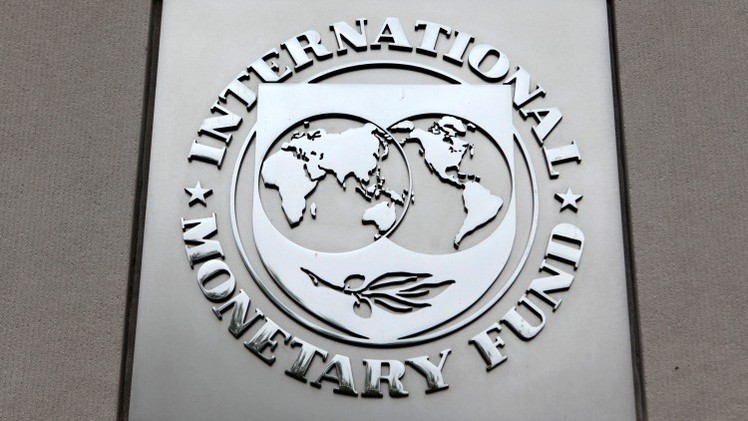Published on : 3/12/21 11:13 AM

Meeting on 29 July, the Executive Board of the International Monetary Fund (IMF) approved three-year agreements under the Extended Credit Facility (ECF) and the Extended Fund Facility (EFF) in favour of Cameroon, amounting to 483 million SDR or about CFAF 375 billion, over the period, equivalent to 175% of our quota, to support Cameroon’s economic and financial reform programme.
A first instalment of 45% of our quota, or about CFAF 96 billion will be released “to support our efforts to strengthen our external position and recover our public finances,” said Finance Minister, Louis Paul Motaze, in a statement.
“The implementation of this new programme will make it possible to initiate economic recovery from this year 2021 and to achieve strong, sustained and inclusive growth backed by adequate financing and a fiscal policy compatible with the fight against the spread of the Coronavirus pandemic,” MINFI said.
At the end of the IMF Board’s deliberations, Mr. Mitsuhiro Furusawa, Deputy Managing Director and Acting President, made the following statement:
“The COVID-19 pandemic has aggravated Cameroon’s development challenges and raised concerns about its growth prospects and its external and fiscal situation. In this context, financing under the ECF and EFF arrangements would support the authorities’ efforts to achieve rapid post-pandemic recovery, strengthen medium-term external and fiscal sustainability, and implement their structural reform agenda towards sustained, more inclusive and diversified growth. Effective and determined implementation of the authorities’ reforms, including further strengthening transparency, good governance and the anti-corruption framework, is essential to help catalyse additional donor financing.”
“The five pillars of the new programme aim to i) mitigate the health, economic and social consequences of the COVID-19 pandemic while ensuring domestic and external sustainability; ii) strengthen good governance and improve transparency and anti-corruption ; (iii) speed up structural fiscal reforms to modernise tax and customs administrations, mobilise revenue, improve public financial management, increase investment efficiency and reduce fiscal risks associated with public enterprises; (iv) strengthen debt management and reduce debt vulnerabilities; and (v) implement structural reforms to accelerate private sector-led economic diversification and make the financial sector more resilient. “
“The authorities have appropriately adopted a revised budget, with a larger deficit to cope with the impact of the pandemic. They have reiterated their firm commitment to gradually return to fiscal consolidation to preserve debt sustainability once the pandemic subsides. The success of the Cameroonian programme will also depend on the implementation of accompanying policies and reforms by the CEMAC regional institutions.